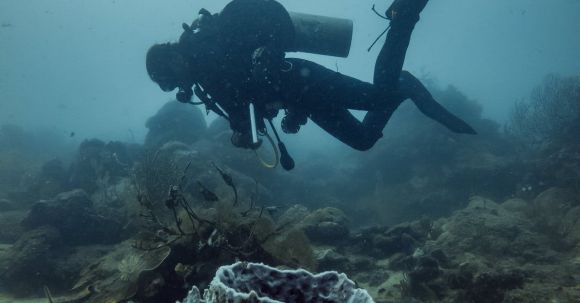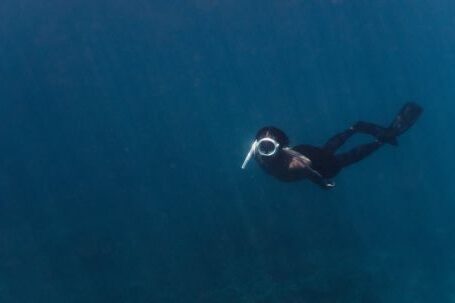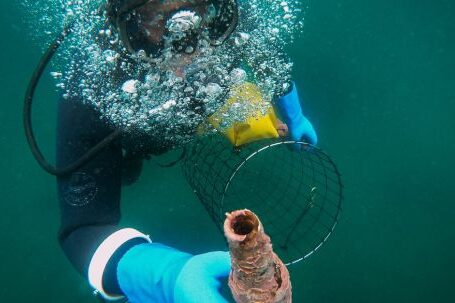Diving is an exhilarating and adventurous activity that allows you to explore the underwater world. However, it is important to prioritize safety when diving, especially if you are a beginner diver. By understanding and following essential safety guidelines, you can ensure a safe and enjoyable diving experience. Here are some crucial things you need to know about diving safety as a beginner diver.
Proper Training and Certification
Before attempting to dive, it is crucial to complete proper training and obtain certification from a reputable diving organization. This training will provide you with the necessary knowledge and skills to dive safely. It will cover important topics such as equipment usage, dive planning, underwater communication, and emergency procedures. Completing a certification course will give you the confidence and competence needed to handle different diving situations.
Buddy System
Diving should never be done alone, especially for beginners. The buddy system is an essential safety practice in diving, where you dive with a partner who can assist you in case of an emergency. Your buddy can help you check your equipment, monitor your air supply, and provide support if you encounter any difficulties underwater. It is important to maintain close communication and keep an eye on each other throughout the dive.
Proper Equipment Checks
Before every dive, it is crucial to thoroughly check your equipment to ensure it is in proper working condition. Inspect your mask, snorkel, fins, buoyancy control device (BCD), regulator, and dive computer for any signs of damage or malfunction. Check that your tank is filled with the correct amount of air and that your weight system is secure. Performing these equipment checks before every dive will help prevent any potential issues underwater.
Equalization Techniques
Equalizing your ears is an important skill to master as a diver. As you descend, the pressure in the water increases, which can cause discomfort or pain in your ears. To equalize, pinch your nose and gently blow while keeping your mouth closed. This will help equalize the pressure in your ears and prevent any discomfort. It is important to equalize frequently during your descent to avoid potential ear injuries.
Monitor Your Air Supply
Monitoring your air supply is crucial for a safe dive. Always keep a close eye on your pressure gauge to ensure you have enough air remaining for a safe ascent. It is recommended to plan your dive so that you have enough air to complete the dive and still have a reserve for emergencies. Additionally, communicate with your dive buddy regularly to check their air supply as well.
Plan Your Dive and Dive Your Plan
Proper dive planning is essential for a safe and enjoyable dive. Before entering the water, make sure to discuss your dive plan with your buddy. This includes the maximum depth, bottom time, and any specific points of interest you want to explore. Stick to your dive plan and avoid pushing your limits. Always remember to make a safety stop before ascending to the surface to help eliminate any excess nitrogen from your body.
Conclusion
Diving can be a thrilling experience, but it is important to prioritize safety, especially as a beginner diver. By completing proper training and certification, diving with a buddy, checking your equipment, mastering equalization techniques, monitoring your air supply, and planning your dive, you can ensure a safe and enjoyable diving experience. Remember, safety should always be your top priority when exploring the underwater world.





